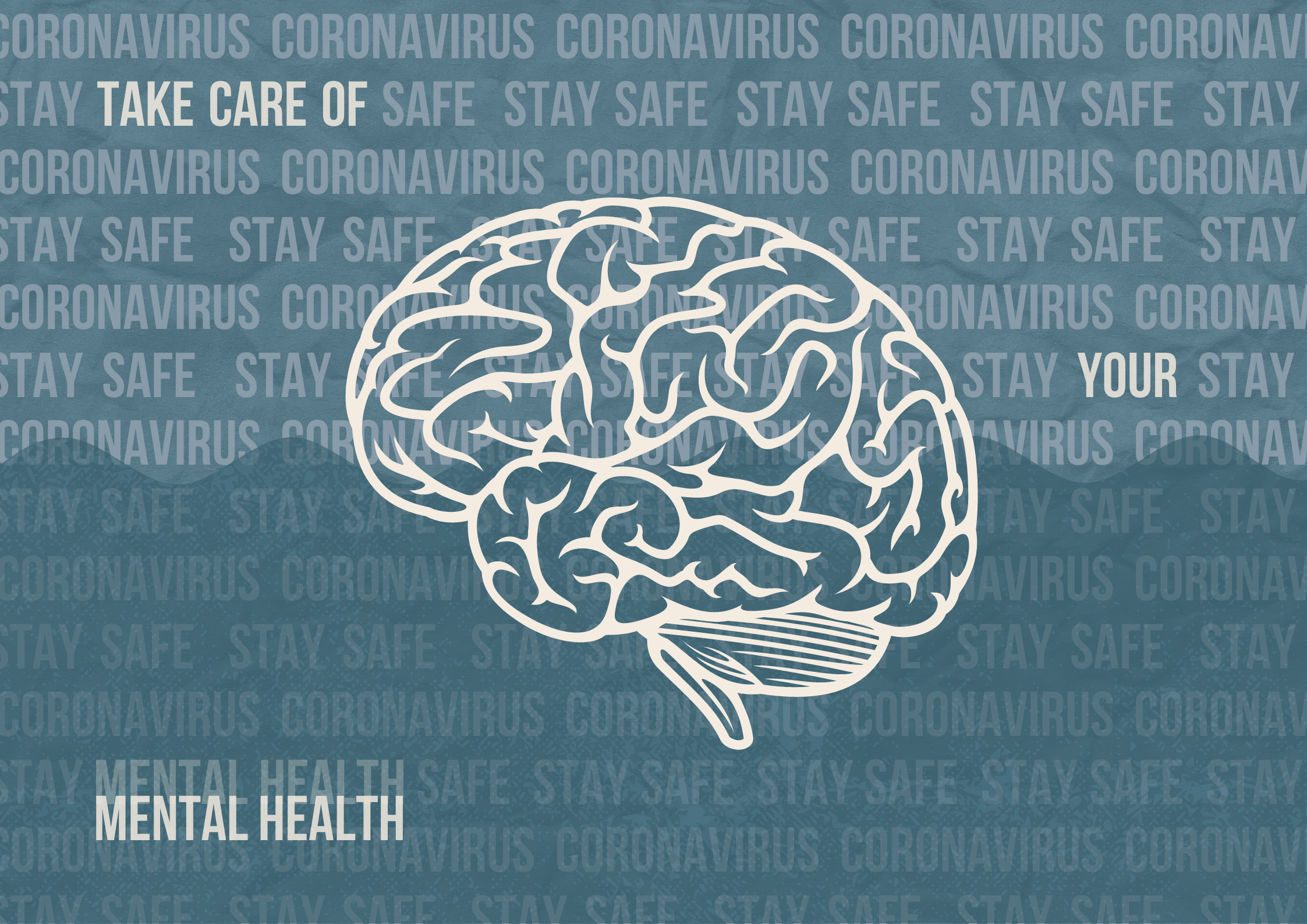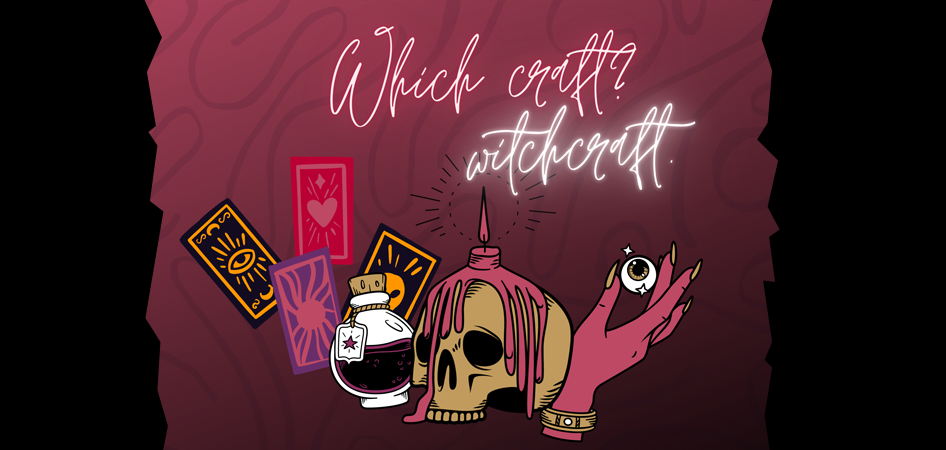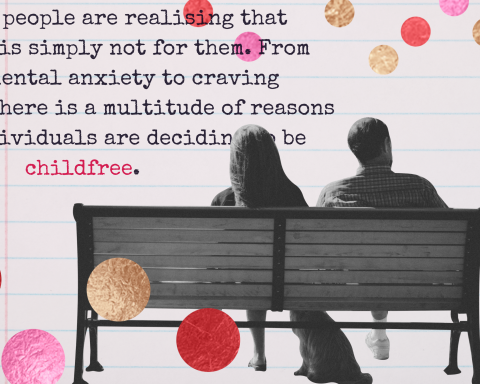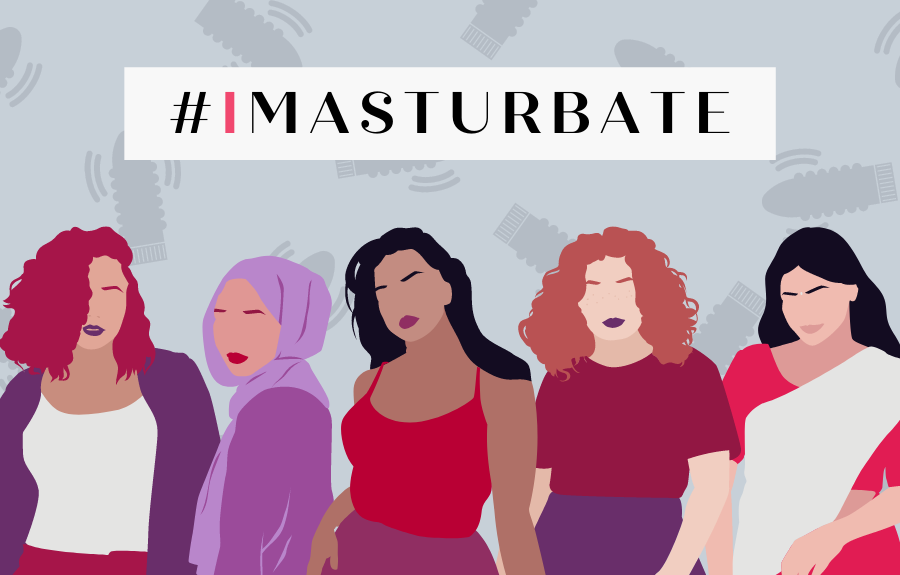Things have been hard for everyone during the pandemic. Coronavirus has stripped away freedoms, livelihoods, and entire lives. There’s not one person that hasn’t been impacted by this virus since its inception at the end of 2019.
For some people things had hardship of a different kind attached to them. Especially those working in the NHS, on the front lines; an October report for NHS England found that nearly 1/3 of all sickness leave was due to psychiatric illnesses like anxiety and stress.
What is it like, then, for the staff that already experience anxiety and depression?
“I started my apprenticeship in 2018 with the East London NHS Foundation Trust, which is mainly a mental health trust,” says Alexander Smith, 23. He was part of organisational development, working on projects and hosting meetings. Then came COVID-19.
When people began dying, Alex was tasked with calling relatives and relaying the news.
“I didn’t even want to pick up the phone,” he says: “I had to call the family of staff who died and make sure they were okay…send them bereavement packages.”
Alex himself has anxiety, including social anxiety, and depression. Even without being the bearer of the worst news, picking up the phone could be tough.
“It was really difficult and sometimes I’d fall behind on how many calls I had to make that day.”
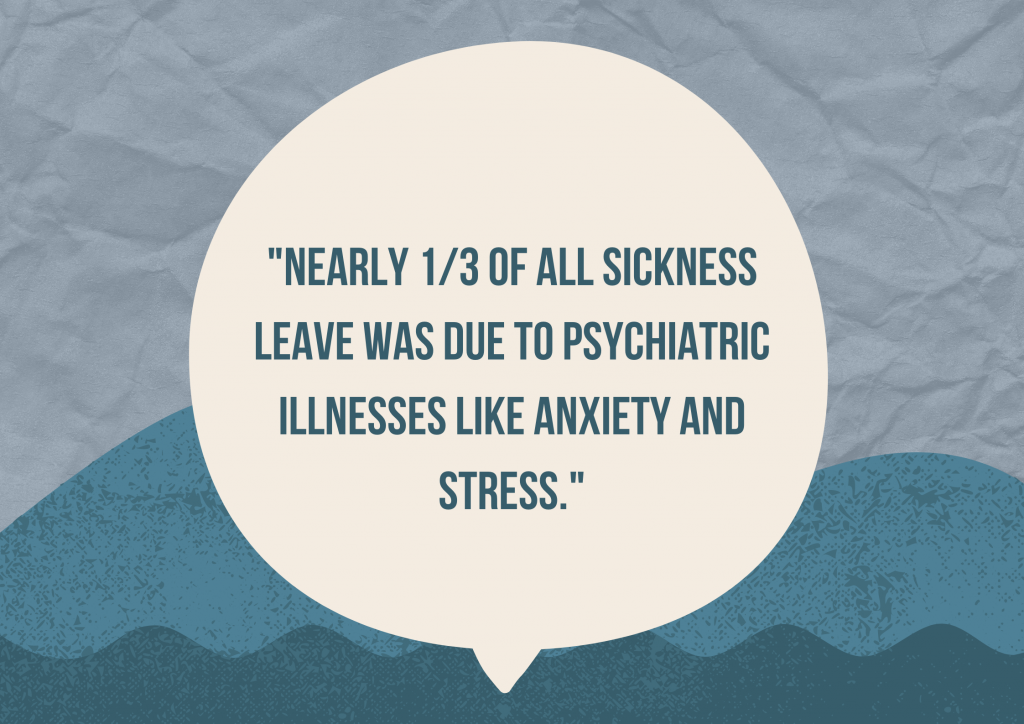
Alex, like many NHS workers, is physically vulnerable to coronavirus too. When shielding was introduced, he found himself locked in.
“All of a sudden I’m back in my room, and it’s fine, but I’m trapped here again. Everyday merges into one – it always feels like a Sunday.
“I feel like I’m in limbo, but I feel like that lots; I’m alive but I’m not.”
Before Alex took the NHS apprenticeship, he went through a bout of mental health induced isolation, which is where he finds himself again, but this time for the sake of his physical health.
He has IgA deficiency, meaning he lacks antibodies to fight infections. His lungs, gut and mouth are particularly at risk.
“I’m in the same vaccination group as the over 75s which is sad, but kind of funny.”
Alex has now had his first vaccine. For him, this means he is one step closer to being physically safe and mentally free.
With the proposed £15 million funding package rolling out wellbeing and psychological training, plus support services for critical care team trauma, perhaps the future for staff like him is looking a little less bleak.
However, if the mental wellbeing of NHS staff with pre-existing mental health conditions will be specifically supported remains to be seen.

Shannon Rose Clack is a writer, editor, freelance journalist & podcaster.
Website: www.sclack9989.wixsite.com/website
Twitter: @ShannonClack3

